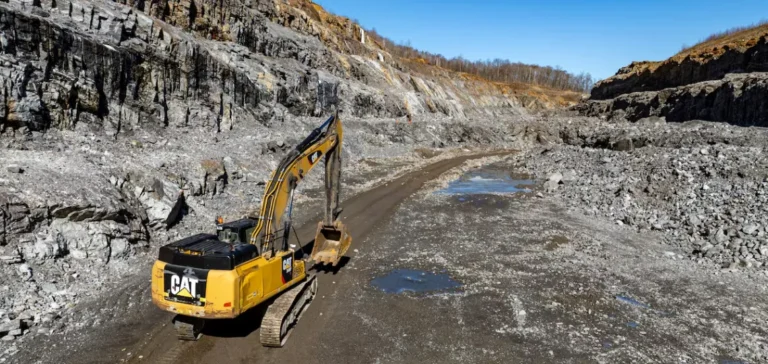The Group of Seven (G7) countries have announced the launch of more than twenty projects aimed at reorganising global supply chains for critical minerals, as China currently holds a dominant position in this strategic sector. This announcement marks the first concrete action of the new G7 Critical Minerals Production Alliance, presented following a ministerial meeting held in Toronto.
The initiatives will focus on the extraction, refining and processing of key metals such as lithium, cobalt, nickel and rare earth elements. These materials are essential for manufacturing components used in electronics, electric vehicles and military equipment. China currently controls most stages of the industrial value chain, raising increasing concern among industrialised countries.
Coordinated regulation to diversify supply
Canadian Minister of Energy Tim Hodgson stated that the G7’s goal was to “reduce market concentration” by supporting the creation of value chains independent of Chinese supply. He acknowledged that building a complete system, from “mine to magnet”, does not yet exist outside of China and will require years of sustained investment.
This initiative comes amid ongoing trade tensions, although Beijing recently agreed to suspend for one year certain restrictions on rare earth exports. G7 members consider this measure temporary and maintain their commitment to developing a durable regulatory response on an international scale.
Strengthening industrial capacity outside China
United States Secretary of Energy Chris Wright indicated that the US was aligned with the G7’s position on securing supply. He stressed the need to build national capabilities for extraction, processing and production of rare earth-based components, while accusing China of having “pushed the rest of the world out” through market-distorting practices.
Several projects will involve cooperation between governments and private companies, as well as the implementation of harmonised regulatory frameworks to accelerate permitting processes. Member states committed to streamlining authorisation procedures, strengthening transparency standards, and supporting funding through public development banks.
Progressive transnational commitments
No precise timeline has been provided, but the first initiatives are expected to launch starting in 2026, with gradual deployment of mining infrastructure and processing centres outside Asia. The total projected cost of the projects is estimated at around $12bn, financed through public and private contributions over five years.
G7 ministers stressed the need for coordinated regulatory policies to ensure market resilience against geopolitical risks. The development of autonomous supply chains is part of a broader strategy to preserve the industrial independence of member countries in sensitive technological sectors.






















